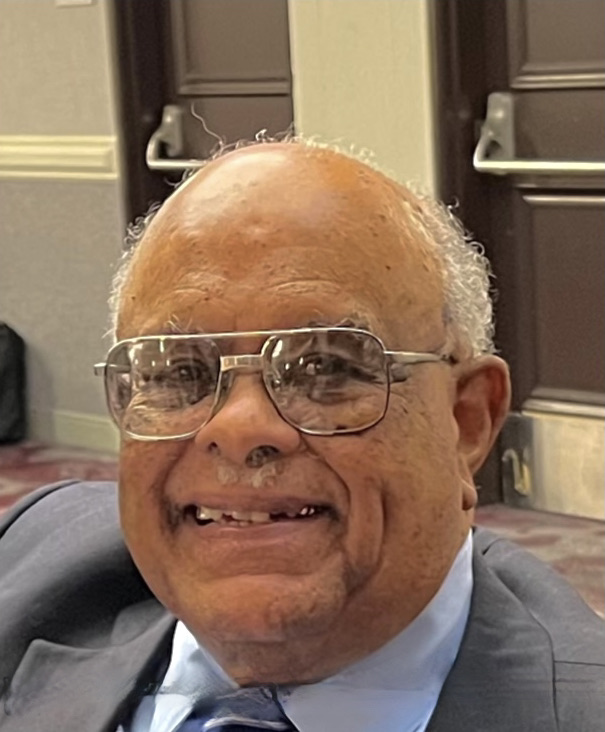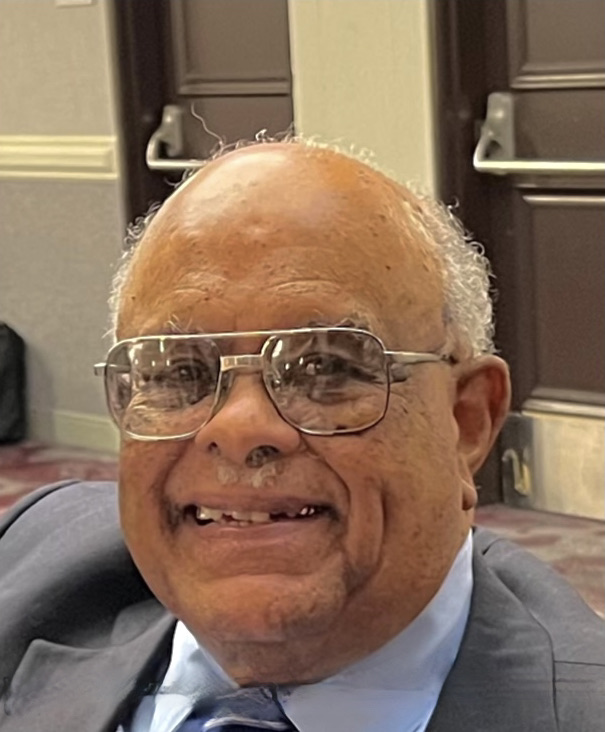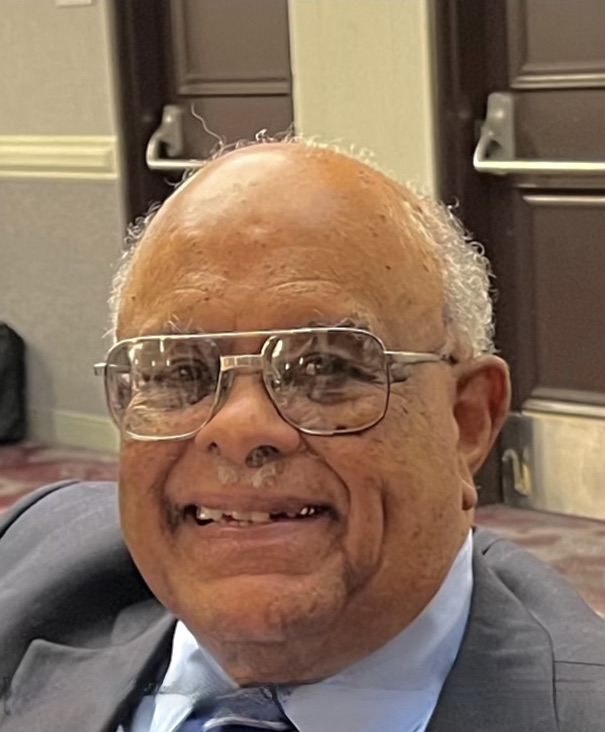NEWS RELEASE
DATE: November 17, 2022
SUBJECT: Motorcycle and Bicycle/Pedestrian Safety Enforcement
CONTACT: Mike Wood, Corporal
(805) 385-7749 | [email protected]
Motorcycle, Bicycle and Pedestrian Safety Operation Planned for
November 20, 2022
The Oxnard Police Department will conduct a traffic safety operation on November 20, 2022, from 7 a.m. to 3 p.m. focused on the most dangerous driver behaviors that put the safety of people biking or walking at risk. Additionally, officers will be looking specifically for violations made by drivers and motorcycle riders that are the leading cause of collisions involving motorcyclists. These violations include speeding, making illegal turns, failing to yield or provide right of way, or failing to stop for signs and signals.
The Oxnard Police Department offers steps pedestrians, drivers, or motorcycle riders can take to greatly reduce the risk of getting injured or in a crash:
Pedestrians
-
Be predictable. Use crosswalks, when available.
-
Take notice of approaching vehicles and practice due care.
-
Do not walk or run into the path of a vehicle. At 30 mph, a driver needs at least 90 feet to stop.
-
Be visible. Make it easy for drivers to see you – wear light colors, reflective material and carry a flashlight, particularly at dawn, dusk or at night.
-
Be extra careful crossing streets or entering crosswalks at night when it is harder to see, or when crossing busier streets with more lanes and higher speed limits.
Drivers
-
Follow the speed limit and slow down at intersections. Be prepared to stop for pedestrians at marked and unmarked crosswalks.
-
Avoid blocking crosswalks while waiting to make a right-hand turn.
-
Never drive impaired.
Bicyclists
-
Obey traffic laws, use hand signals, use lights at night (front white light and rear red reflector), and wear a helmet.
-
Bicyclists must travel in the same direction of traffic and have the same requirements as any slow-moving vehicle.
-
Avoid the door zone: do not ride too closely to parked cars.
-
If there’s a bike lane, use it, unless making a left turn, passing, or approaching a place where a right turn is allowed.
-
Yield to pedestrians. Bicyclists must yield the right-of-way to pedestrians within marked crosswalks or within unmarked crosswalks at intersections.
Motorcyclists
-
Always wear a DOT compliant helmet and protective gear.
-
Consider adding reflective tape to make it easier for other drivers to see you.
-
Always keep your lights on, even during the day.
-
Don’t assume drivers see you: signal well in advance before changing lanes and watch for turning vehicles.
-
Although lane splitting is legal, the practice is not encouraged at high speeds in free-flowing traffic.
Funding for this program is provided by a grant from the California Office of Traffic Safety, through the National Highway Traffic Safety Administration.


